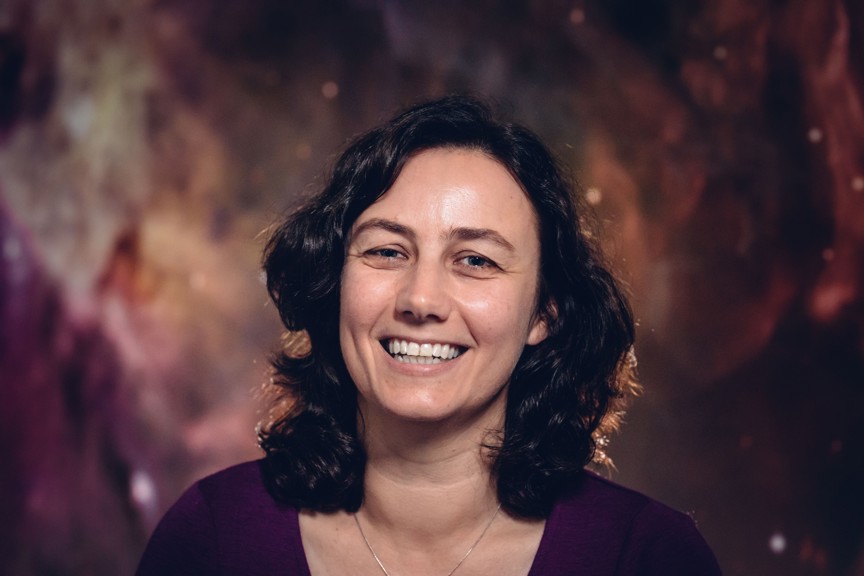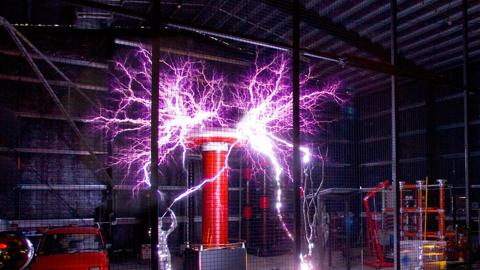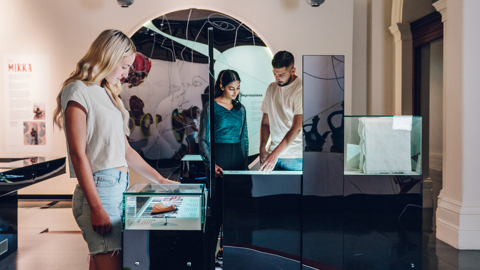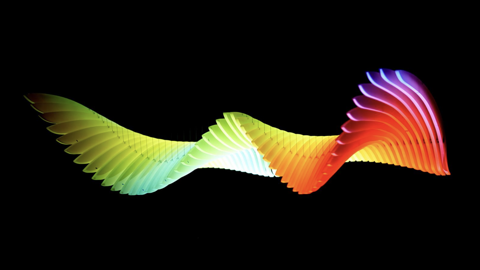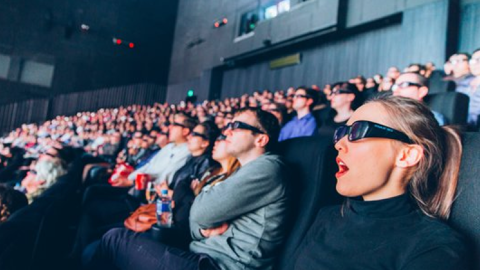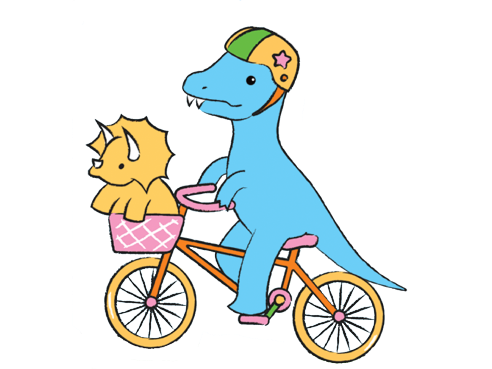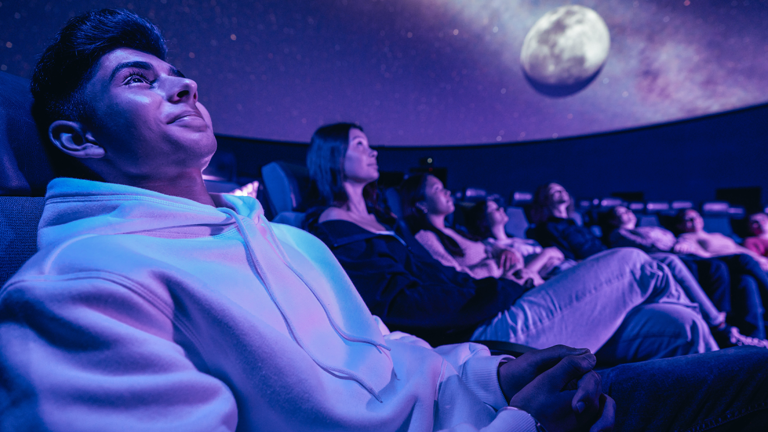
Earth Moon Sun Science
Teacher professional learning
- Date/Time:
- Tuesday 11 November 2025, 5:30 to 7:30pm
- Location:
- Scienceworks
- Cost:
- $30 Museum Teachers
$40 for non Museum Teachers
Teacher professional learning in the Planetarium!
This session is designed specifically for teachers wanting to further your understanding of the cycles of the Earth, Moon and Sun and how you might teach students about them in your classroom.
Hear from expert astronomer Dr. Tanya Hill in a custom-built Planetarium experience, designed to help build understanding of:
- Day and night – why daylight changes throughout the year and across the world
- The seasons - how the tilt of Earth’s axis affects temperature
- Eclipses - what happens when the Earth, Moon and Sun align in different ways
- Tides - how the gravity of the Moon and Sun affect Earth
Students and teachers alike can hold misconceptions on these tricky concepts. We can struggle with the three-dimensional thinking, and it can be difficult to abstract from our living experience on Earth to the motion of these objects in space. The Planetarium is a one-of-a-kind place to experience these phenomena from an out-of-this-world perspective.
Following the Planetarium show, Scienceworks educators will discuss activities, resources and strategies for addressing misconceptions that you can take to your classroom.
This session is aligned to the Victorian science curriculum version 2.0 for levels 5 to 8. We welcome any other teachers who want to build a better understanding of this topic.
Dr Tanya Hill
Dr Tanya Hill is the Melbourne Planetarium's Astronomer. She loves exploring the Universe and it never fails to amaze her. It was the Orion Nebula that led her to exploring all the wonders of space and she's reached for the stars ever since. She was part of the team that opened the planetarium in 1999 and has gone on to create award-winning planetarium shows that are screened in over 50 planetariums and across 20 countries.
Teachers will be provided
- Light snacks
- Resources including games and classroom activities
Other key information
AITSL Standards
- Know students and how they learn
- 1.2 Understand how students learn
- Know the content and how to teach it
- 2.1 Content and teaching strategies of the teaching area
- 2.2 Content selection and organisation
- Engage in professional learning
- 6.2 Engage in professional learning and improve practice
- Engage professionally with colleagues, parents/carers and the community
- 7.4 Engage with professional teaching networks and broader communities
Curriculum links
Science: Levels 5 and 6
Earth and space sciences
- the force of gravity keeps Earth and other planets in the solar system in orbit around the Sun; cyclic observable phenomena, including variable day and night length, can be related to Earth’s tilt, rotation on its axis and revolution around the Sun VC2S6U07
Science: Levels 7 and 8
Earth and space sciences
- cyclic changes in the relative positions of Earth, the Sun and the Moon can be modelled to show how these cycles cause eclipses and influence predictable phenomena on Earth, including seasons and tides VC2S8U12
Join Museum Teachers
Join Museum Teachers for free general entry to all our Museums, discounts and to keep up to date with professional learning opportunities.
